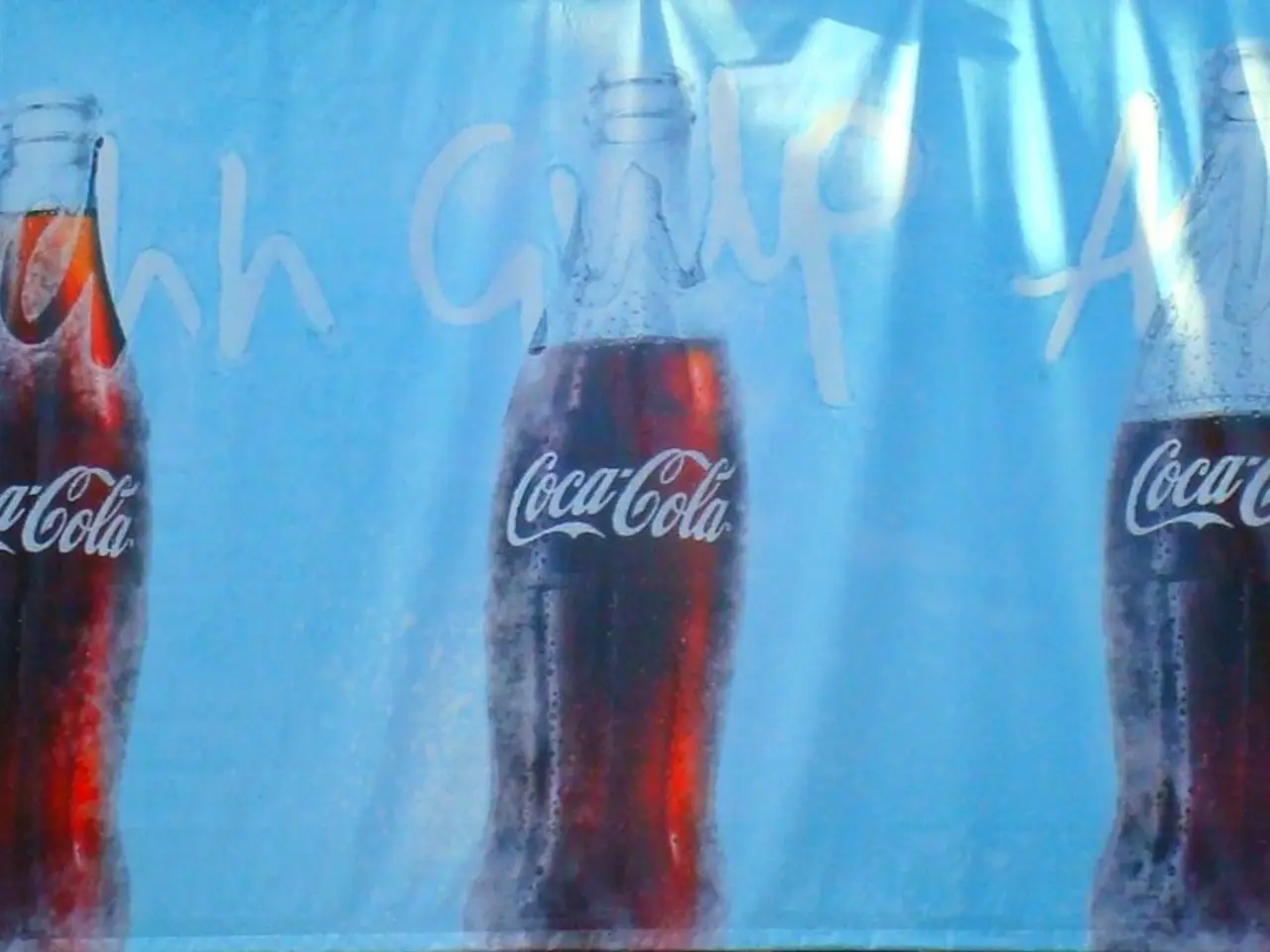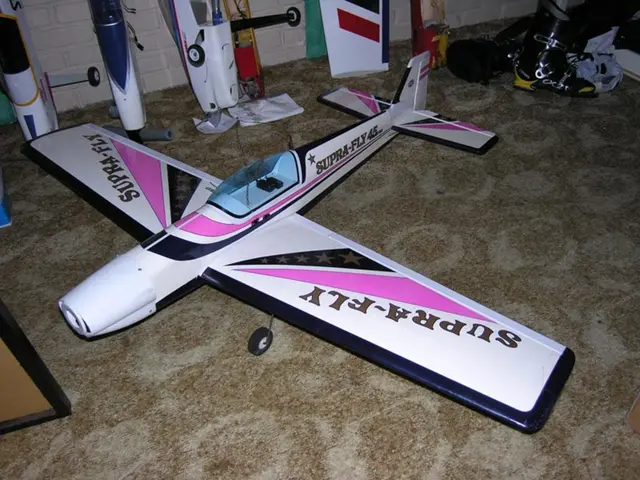Study Debunks Ocean Biodegradability of PLA Fabrics
A recent study, published in PLOS One on May 24, has revealed surprising results about the biodegradability of fabrics in the ocean. The research, led by Maria R. Urbanek, challenges common assumptions about eco-friendly materials. The study tracked the degradation of natural, synthetic, and blended fabrics directly in the ocean. It found that fabrics made of Polylactic Acid (PLA), marketed as biodegradable, did not degrade even after over a year submerged. This includes oil-based portions of textile blends, which remained intact. Conversely, natural and wood-based cellulose fabrics degraded within a month. The study highlights the persistence of synthetic textiles in the environment. These fabrics, which make up 62% of textiles today, shed microfibers during regular wearing and washing, contributing to plastic pollution. The authors hope that increased consumer awareness of material choices can help reduce this pollution. The study, funded by the Biomimicry for Emerging Science and Technology (BEST) Initiative, underscores the need for careful consideration of fabric materials. While bio-based plastics like PLA may seem eco-friendly, they do not degrade in the ocean. The research team urges consumers to be mindful of the materials they buy to help combat microfiber plastic pollution.
Read also:
- Hydrogen set to revolutionize India's space expeditions, transportation sector, and clean energy ambitions, according to ISRO Chairman's claims
- Strategic approach to eco-friendly nickel production for electric vehicles in Europe
- Solar energy company, Imperium, alongside QORAY Mobility & Energies Solar Business, bolsters Nigeria's environmental future by producing superior solar panels domestically and offering flexible payment options.
- AI Inspection Company, Zeitview, Secures $60 Million Funding for Expansion








